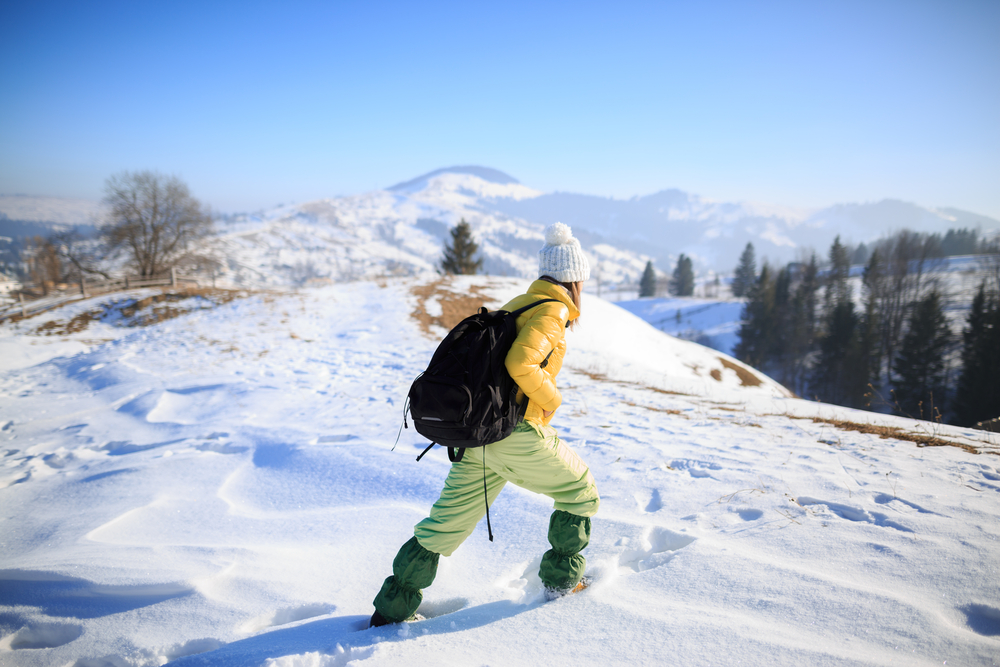Does alcohol make you warmer? Should I treat frostbite with hot water? Movies and heresy lead people to believe some stuff about winter safety that isn’t true.
Myth: You’re supposed to rub frostbitten areas of the body with snow.
– Actually: This can make things worse. First, protect the skin from further exposure, then gently warm the frostbitten area, preferably with warm (not hot) water. If there is a chance that the area will freeze again, don’t thaw it.
Myth:Drink some alcohol to warm up.
– Actually: An alcoholic drink makes you feel a little warmer, but in fact it lowers your core body temperature.
Myth: Wind chill just feels colder, it doesn’t actually increase your body’s heat loss.
– Actually: The “feels like” temperature is what matters for hypothermia, frostbite, etc.
Myth: The lake has been frozen for a long time, so it’s safe to walk on.
– Actually: Ice that has been frozen for a couple of weeks is generally safer.
Myth: Don’t yell around an snowy mountains, because that could trigger an avalanche.
– Actually: You’d need a small bomb to trigger an avalanche with noise. Almost all avalanche accidents are triggered by the weight of a person.
Myth: It’s okay to go to sleep if you’re hypothermic.
– Actually: Many hypothermia victims go to sleep just before dying. It is normal for someone with hypothermia to get very tired, but they should not go to sleep.
Some other tips:
- Don’t get gasoline or alcohol on your skin in cold weather, as this actually increases heat loss.
- A hot bath will be terribly painful for someone suffering from hypothermia. External heating with something like hot water bottles is better.
- Don’t wear cotton clothing in the snow. Wet cotton loses almost all of its insulating ability. Polypropylene is good for a base layer. Wool is the material of choice, as it stays warm even when wet.
Sources: American Red Cross, Howstuffworks.com, outdoorlife.com
